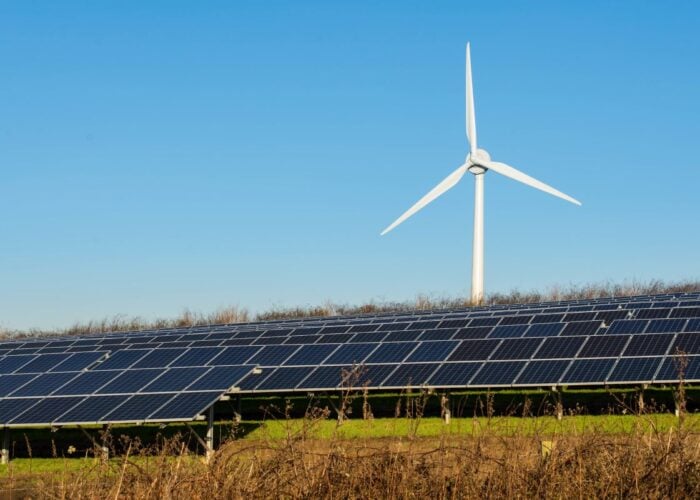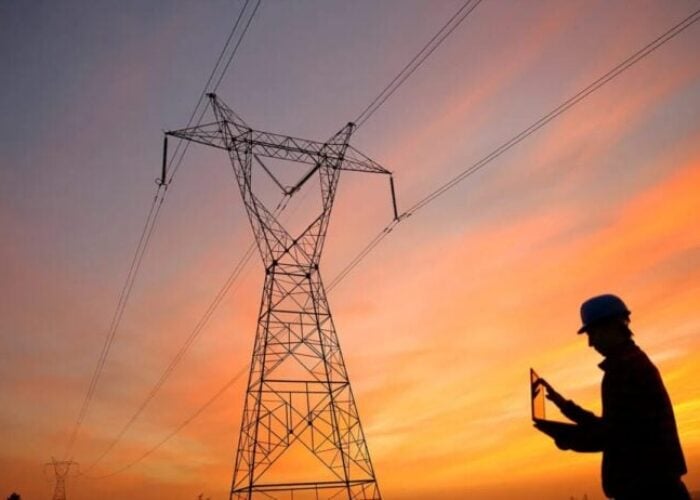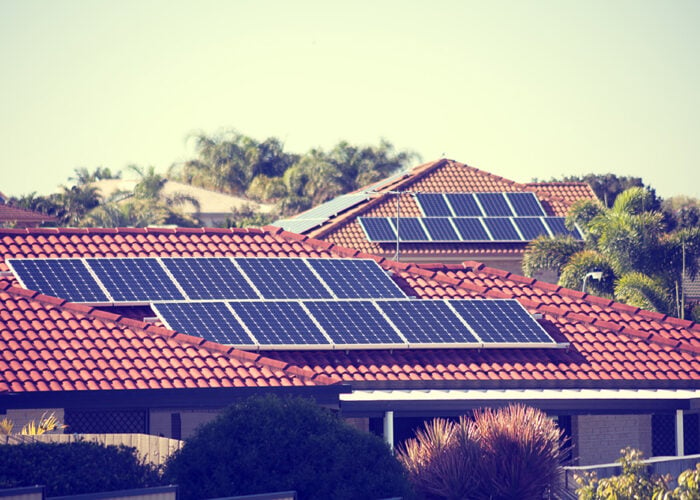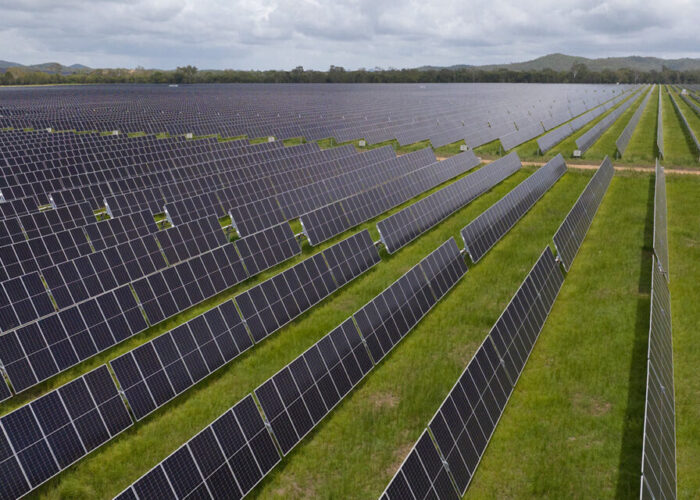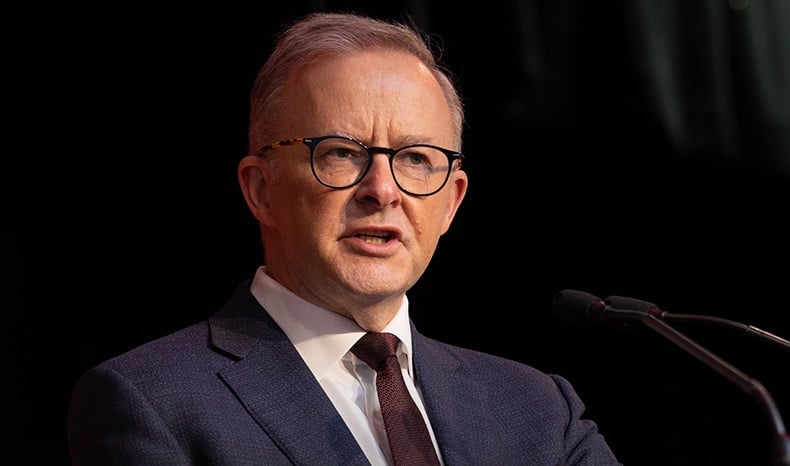
Australia’s new prime minister, Anthony Albanese, has pledged to make the country a renewables “superpower” following his Labor Party’s victory in Saturday’s federal election, which ousted predecessor Scott Morrison’s conservative coalition.
Addressing supporters in a victory speech in Sydney, Albanese said: “Together we can end the climate wars. Together we can take advantage of the opportunity for Australia to be a renewable energy superpower.”
Unlock unlimited access for 12 whole months of distinctive global analysis
Photovoltaics International is now included.
- Regular insight and analysis of the industry’s biggest developments
- In-depth interviews with the industry’s leading figures
- Unlimited digital access to the PV Tech Power journal catalogue
- Unlimited digital access to the Photovoltaics International journal catalogue
- Access to more than 1,000 technical papers
- Discounts on Solar Media’s portfolio of events, in-person and virtual
He was sworn in as Australia’s 31st prime minister today before travelling to Tokyo for a meeting of the Quad security group, comprising Australia, India, Japan and the US.
In a press conference earlier today, Albanese said the meetings will “send a message to the world” that Australia’s new government “represents a change in terms of the way that we deal with the world on issues like climate change”.
Returning to power following nine years in opposition, Labor is currently leading in 75 seats in the 151-seat lower house, according to the Australian Electoral Commission, while independents and the Greens look set to win at least a dozen seats as candidates successfully campaigned on curbing emissions.
Ousted prime minister Scott Morrison has faced fierce criticism for failing to take more action to limit Australia’s emissions. While his government released a plan last year to reach net zero emissions by 2050, research group Climate Action Tracker says the strategy will not achieve that target, falling short “by a considerable margin”.
“Over almost nine years in office, the Liberal-National government’s approach to climate action ranged from inadequate to non-existent,” said Amanda McKenzie, CEO of Australian climate change communications organisation the Climate Council.
“Australians have been very clear on what they want: decisive climate action this decade. We are one of the sunniest and windiest countries on earth – the opportunities and advantages we have are off the charts. But only if we grasp them, and fast.”
Labor campaigned on a pledge to reduce Australia’s emissions by 43% from 2005 levels by 2030, compared with the Morrison administration’s goal of a 26 – 28% cut.
Labor is also targeting 26GW of installed renewables capacity by 2030, increasing overall renewable penetration to 82% in Australia’s National Electricity Market (NEM), up from 68% under a business-as-usual approach.
As part of Labor’s Powering Australia plan, AU$20 billion (US$14.2 billion) will be allocated to upgrade the country’s electricity grid so it can handle more renewable power.
Published last year, Powering Australia includes funding for 85 solar banks that will help provide cheaper electricity for more than 25,000 households that are said to be locked out of rooftop solar, like renters and low-income households. It also features a strategy to install 400 community batteries “to maximise the benefits of Australia’s rooftop solar transformation”, support the grid and provide shared storage for up to 100,000 households.
The Climate Council has recommended that Labor go further in its ambitions as it pushes for Australia to cut emissions by 75% by 2030 and reach net zero by 2035.
Climate Council researcher Wesley Morgan said Australia is “well-placed to be a renewables superpower”, adding: “The new prime minister needs to ensure we are taken seriously on the greatest and most pressing issue of our time.”
Research published last month by renewables association the Clean Energy Council found that while renewable energy now accounts for 32.5% of Australia’s electricity, there has been a slowdown in financial commitments for new plants, in part due to grid connection challenges.

